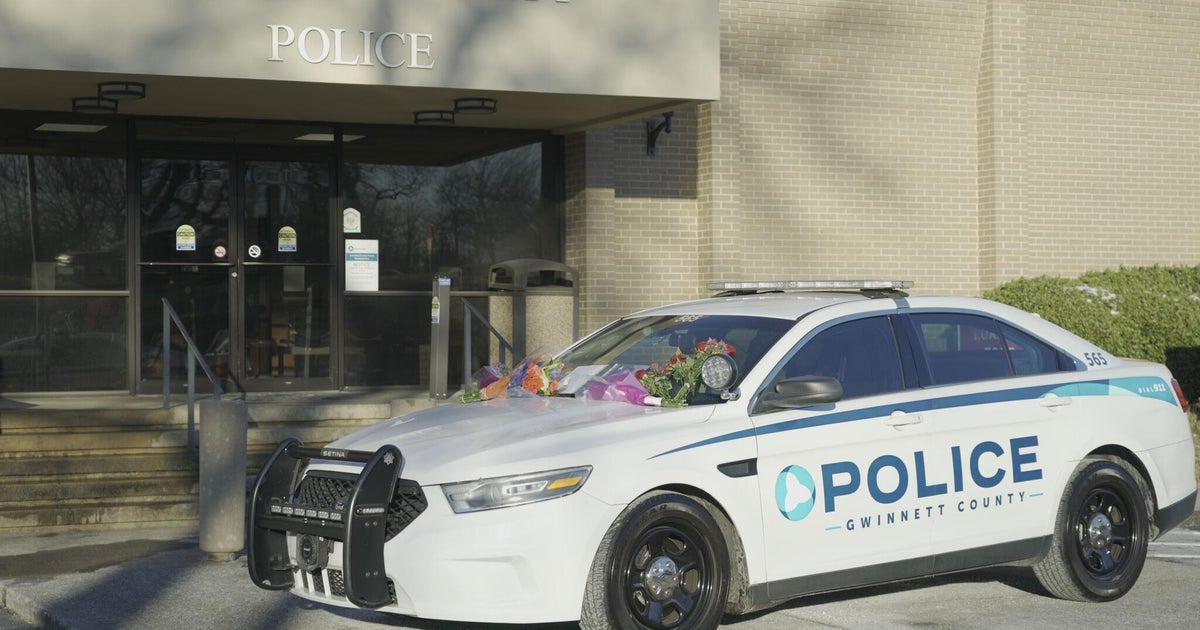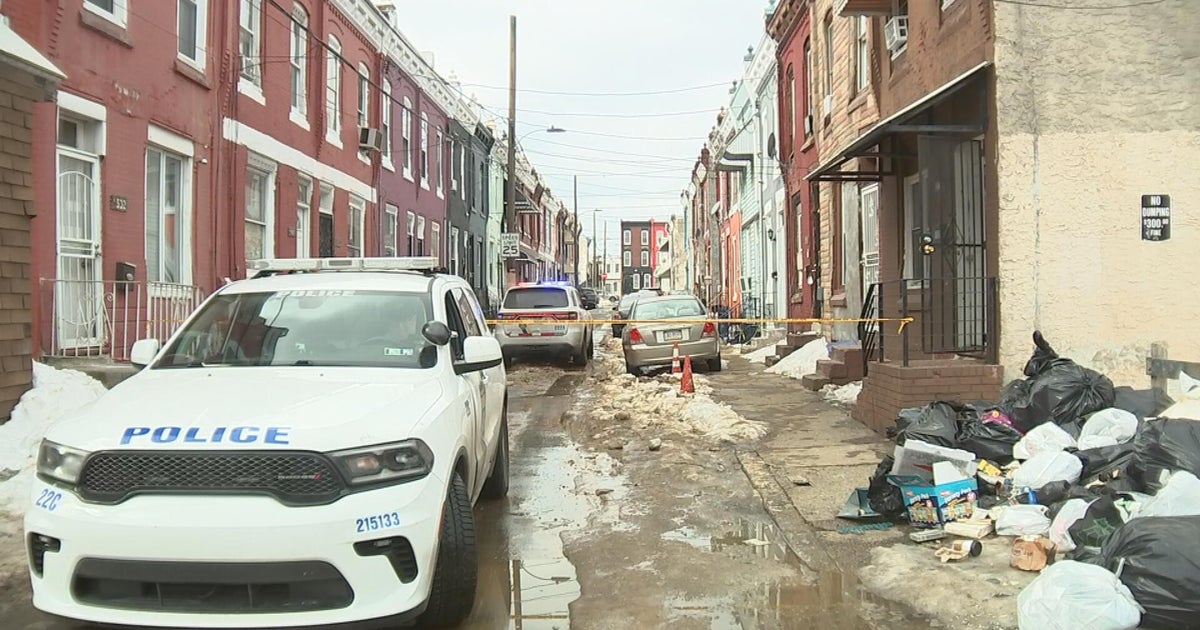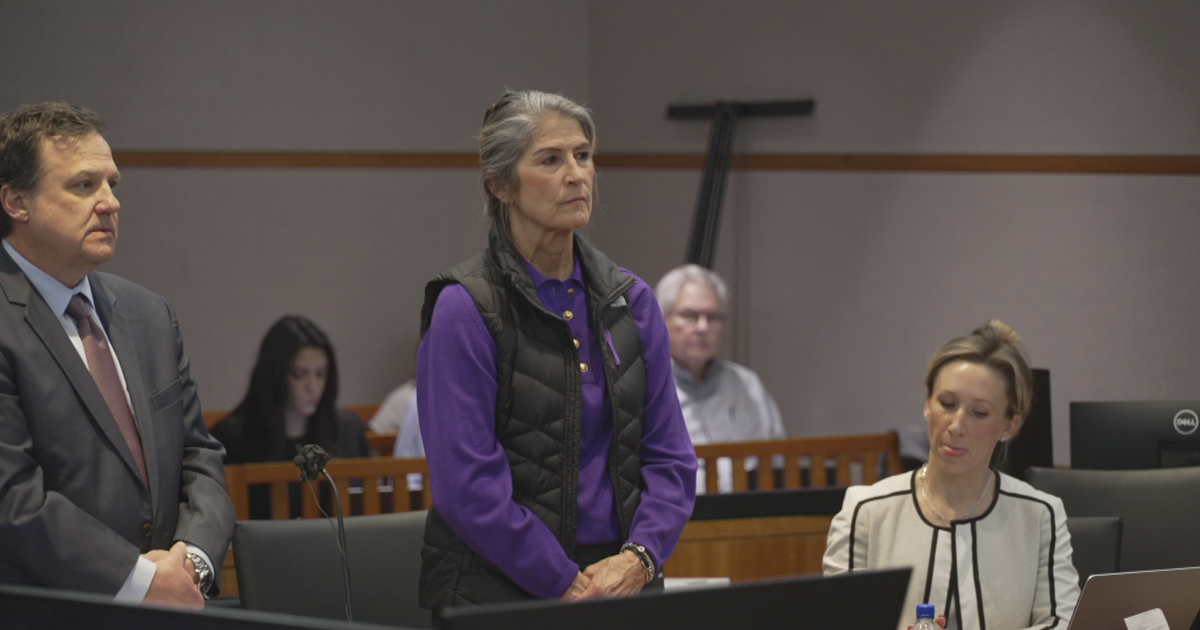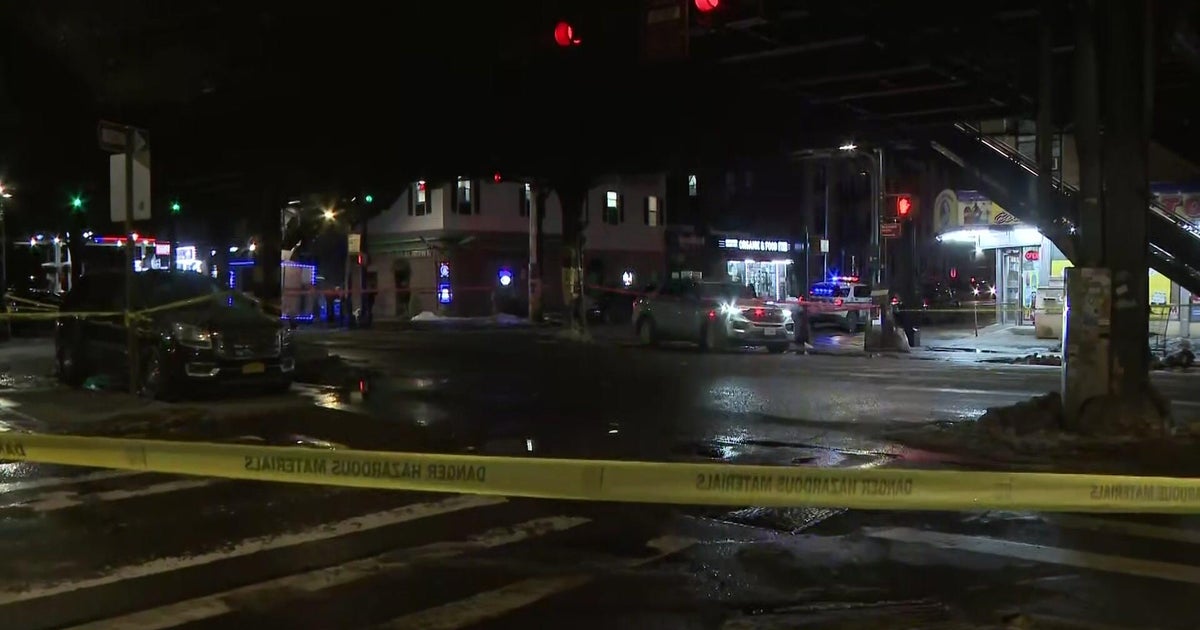New Minnesota dashboard shows data, trends on violent deaths
ST. PAUL, Minn. -- Minnesota health officials unveiled a new dashboard Wednesday that documents and visualizes data connected to violent deaths.
Policy makers hope the dashboard - which pulls together information from suicides, homicides, unintentional firearm discharges and fatal law enforcement intervention between 2015 and 2020 - will help them understand trends and implement practices to prevent violent deaths in the future.
Commissioner of Health Brooke Cunningham added that the dashboard also helps officials know where and why the deaths are happening.
Between 2015 and 2020, Minnesota saw between 892 and 1,033 violent deaths each year, the vast majority of which were suicides. Homicides spiked in 2020, which is also reflected in national trends, while other manners of violent deaths did not increase.
The data also highlights some circumstances leading up to the violent deaths. For example, the dashboard indicates that most often, victims and suspects in homicides knew each other. Spouses were suspected as the perpetrator in 21.1% of homicide cases when the victim was a woman. The victim's boyfriend or girlfriend was suspected in another 15.5% of cases, and in 32.9% of circumstances, an "argument or conflict" precipitated the death.
Firearms were used in 45% of suicides, 65% of homicides, and 54% of interpersonal violence homicide deaths.
The data also reveals the large racial disparities in homicide and suicide rates. Suicide rates are 70% higher for Minnesota's American Indian population compared to white Minnesotans. Homicide rates are 10 times higher for Black and American Indian Minnesotans than white Minnesotans.
"By pulling this data together into one dashboard, we can better understand where and why these deaths are happening and work with our partners to develop tailored strategies to protect Minnesotans," said Cunningham.
---
Domestic Violence Resources: For anonymous, confidential help, people can call the National Domestic Violence Hotline at 1-800-799-7233 or 1-800-787-3224.
If you or someone you know is in emotional distress or a suicidal crisis, you can reach the 988 Suicide & Crisis Lifeline by calling or texting 988. You can also chat with the 988 Suicide & Crisis Lifeline here.
For more information about mental health care resources and support, The National Alliance on Mental Illness (NAMI) HelpLine can be reached Monday through Friday, 10 a.m.–10 p.m. ET, at 1-800-950-NAMI (6264) or email info@nami.org.







